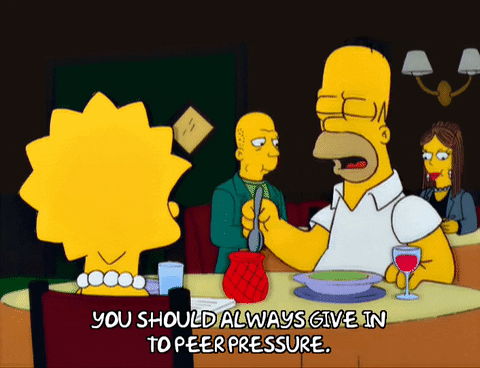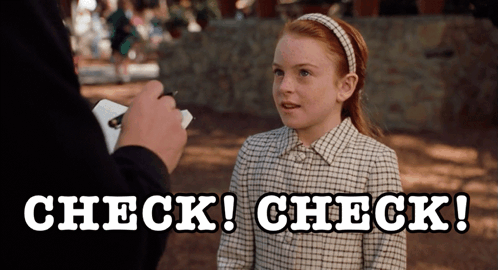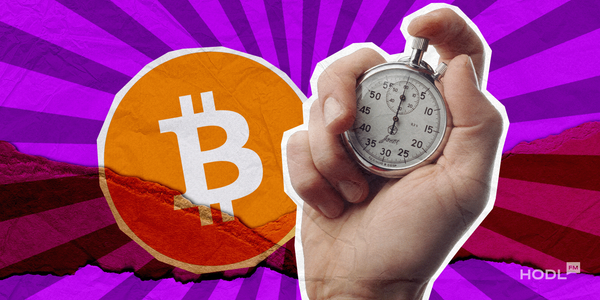With the rise of cryptocurrency trading in recent times, there has also been a rise in the number of ways and platforms to trade. Peer-to-peer trading is among the emerging methods of trading cryptocurrency online, and when you look at the benefits it offers, it’s not hard to see why it is a top trading option. However, is it precisely safe for users and traders? With minimal platform regulation, how can users be safe with P2P transactions? Read along to find out.
What Is Peer-to-Peer (P2P) Trading?
Peer-to-peer or P2P trading is simply buying and selling crypto assets between individuals without a central platform to regulate the transaction. It is one of the most commonly used methods of trading cryptocurrencies and other digital assets. According to a report released by PayPal, in 2023 alone, almost 160 million people used mobile P2P payments.
P2P is a relatively simple process. It involves direct contact with the buyer and seller to exchange crypto assets.

Is Peer-to-Peer (P2P) Trading Safe?
Online trading generally comes with risks and challenges, which also apply to P2P transactions. There have been scams and thefts, but that does not mean P2P transactions are always unsafe. In fact, many new P2P trading platforms have improved security measures to protect their users. Many platforms use fraud prevention measures such as KYC registration, identity verification, two-factor authentication, data encryption, and even escrow protection to make their platforms safer for users. Still, none of these means that P2P platforms are scam-proof.
What Are Some Common Scams?
Over the years, many different kinds of scams have been reported on different P2P platforms. Some of them include the following;
- Fake proof of payment
Anyone with a good knowledge of Adobe Photoshop can create a convincing image of a successful transfer receipt, and anyone can create “receipt” text messages to notify the victim of a successful payment. Even so, it is always best to confirm receipts directly from your wallet or bank account.
Example:
- Chargeback Fraud
Some bad actors also use the chargeback feature provided by some P2P platforms to reverse payments already made to you. The bad actor usually pays with a third-party account, making it easier to request a chargeback on some platforms. It is best to refrain from transacting with third-party accounts and only directly with your trading account.
Example:
- Wrong Transfer
A bad actor could attempt a wrong transfer scam by contacting their banks to report the payment to you as an error and request a reversal of funds. When you attempt to report them, they may try to scare you off with different tactics. But you should not be scared. Gather evidence of all your interactions with the scanner and present it to the appropriate authorities.
Example of a person in such situation:
- Phishing Attacks
Bad actors may try phishing you by creating fake profiles to deceive you into sending your wallet information or assets. They usually impersonate a customer service representative to build trustworthiness and request your information. Don’t interact with accounts that ask for your private information; customer service representatives will never ask you for such.
- Crypto Investment Scams
Bad actors may pretend to be crypto experts, offering to help you manage your assets and get a high ROI. Such people will eventually disappear with your funds, so never interact with anyone like that.
Example in our Hot News Edition:
How To Be Safe With Peer-to-Peer (P2P) Trading
- Choose A Reputable Platform
There are many different peer-to-peer trading platforms out there, so before signing up for any of them, vet them properly and ensure they have a good reputation and protection plans. Choosing secure platforms is one of the safety measures you should take when trading with P2P. Try testing out a few and picking the one you think is best. Also, considering important factors such as the platform’s security features and customer service accessibility, even user reviews can be beneficial. It’s better to be careful than sorry. To be safe, consider using popular and secure P2P platforms that are well-established, such as Zelle, PayPal, and Venmo.
- Verify Counterparty’s Identity
Trading anonymously online comes with many risks, so it’s better to know who you are trading with. Many peer-to-peer trading platforms have KYC requirements to verify the identities of their customers, so it’s advisable to trade with only verified accounts. If anything goes wrong, you may still be eligible for escrow protection if the platform offers escrow services.
Also, do a background check on your counterparty. Look through their history on the platform to detect any suspicious activities, and always keep the conversation on the platform and within its communication protocols. Only people with nefarious intentions will want to trade outside the P2P platform, where there are no rules.
- Understand The Platform’s Terms Of Service
Regarding trading platforms, the devil is usually in the details, and many people unfortunately ignore the details. You should take some time to read through the platform’s terms of service and understand what’s acceptable and what’s not. This will give you a better understanding of what’s not allowed and help you detect fraudulent activity.

- Use Trusted Payment Methods
P2P platforms may allow different payment methods. However, it is safer to use only payment platforms you are familiar with and avoid strange payment platforms.
Never transact or accept transfers outside the P2P platform. Otherwise, you will not be protected by the platform and may be exposed to risks and scams.
- Always Confirm Transaction Details
Crypto wallet IDs can be hard to get right sometimes, and it may be easy to make mistakes and send money to the wrong account. To avoid this, confirm the transaction details of the person you want to send money to, then check again to ensure everything is correct. Before approving the transaction on your end, check through information such as the amount, address and payment methods and ensure they are all correct. There can never be too many checks.
P2P trading is a great innovation with many benefits, such as increased trading speed. Nonetheless, the risks involved may discourage some people from exploring it as a means of trading. It should be noted that there are no trading methods without their risks. There’s no single platform that offers complete financial security. Staying safe depends on how careful the users are, their risk assessment strategies, and the protection provided by the trading platform. Despite the risks, P2P can be a great way to trade if done carefully on a good platform, knowing who you are trading with and confirming transaction details. Remember all these, and you’ll have a more enjoyable trading experience.
Disclaimer: All materials on this site are for informational purposes only. None of the material should be interpreted as investment advice. Please note that despite the nature of much of the material created and hosted on this website, HODL FM is not a financial reference resource and the opinions of authors and other contributors are their own and should not be taken as financial advice. If you require advice of this sort, HODL FM strongly recommends contacting a qualified industry professional.




